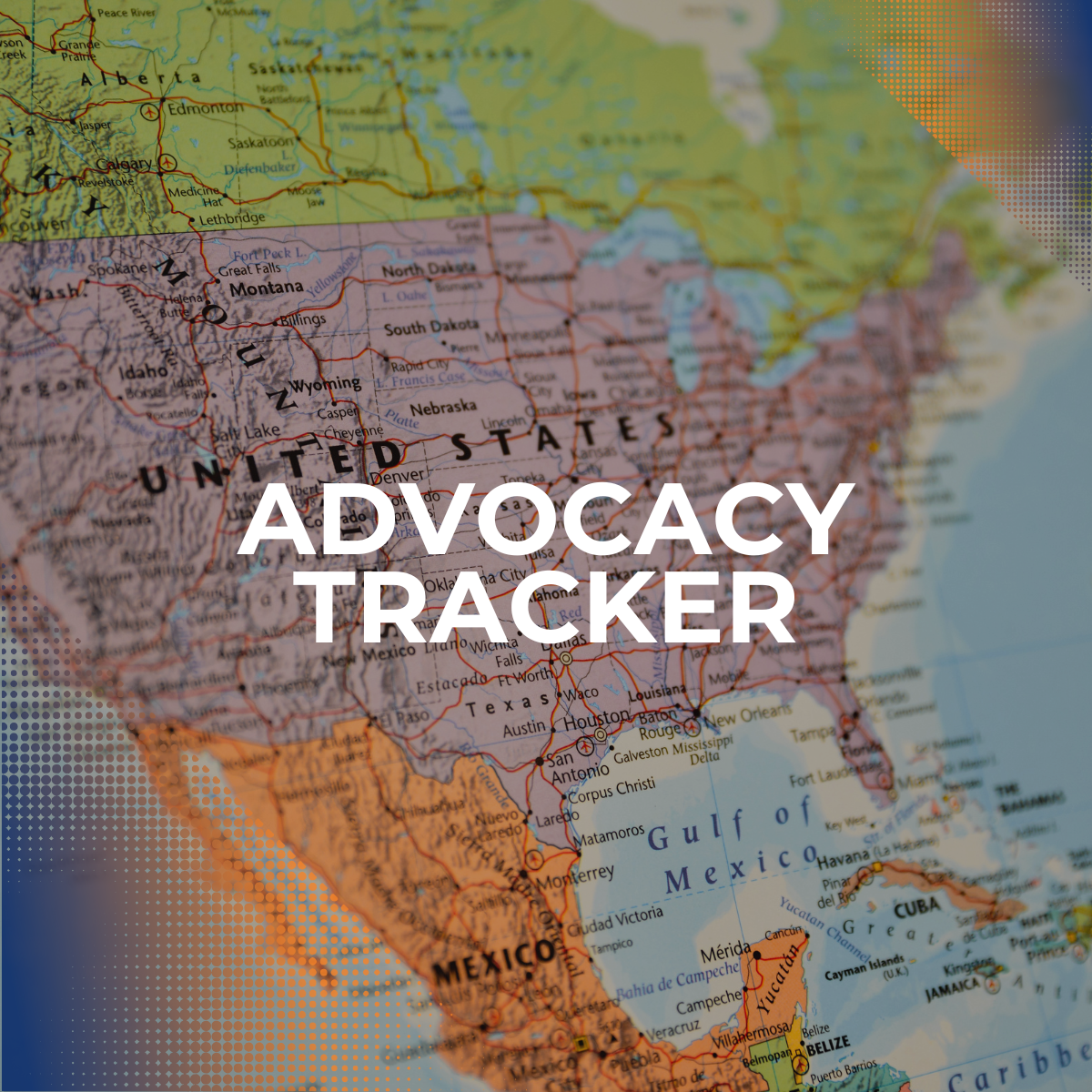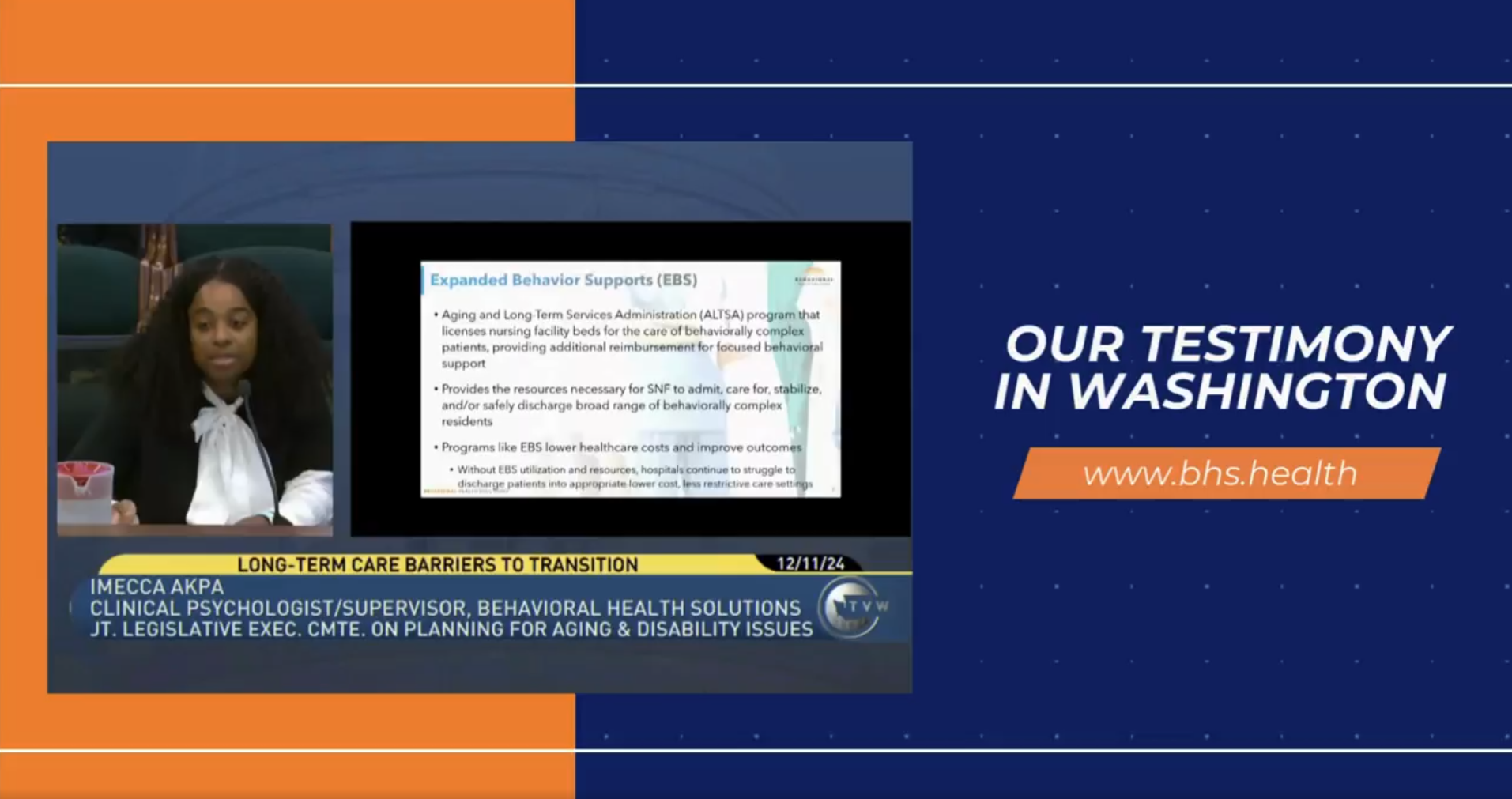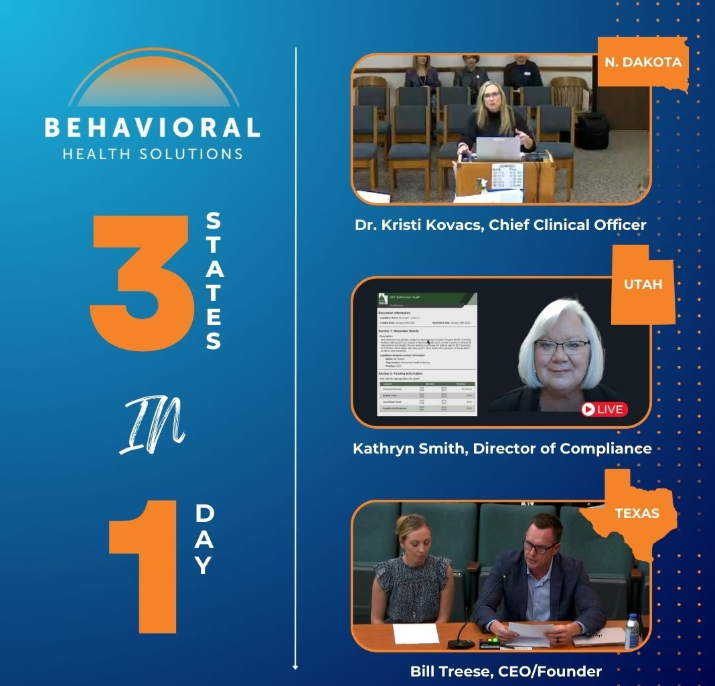
Our lobbying efforts continue to drive meaningful progress for new behavioral health programs across multiple states. In Nevada, the BCCP bonus program was included in the Governor’s budget, and we recently presented to the NHA, focusing on supporting hospitals with difficult-to-discharge patients transitioning to long-term care (LTC). However, the potential elimination of the hospital provider tax, which funds the quality incentive bonus, could threaten the initiative. In Washington, increased utilization is being driven by process improvements, though challenges remain, such as licensing EBS beds. The Department has recognized BHS for its person-centered, individualized care plans, further underscoring our commitment to non-pharmacological support. Meanwhile, Montana is facing a rise in denials and fewer successful appeals, impacting growth, but the Governor is backing our efforts, alongside Rachel Green, to hold Medicaid and the QIO accountable.

- Utah’s bill has passed both chambers and awaits the Governor’s signature, securing $300K in state funds for year one and $1.05M annually thereafter.
- Kansas has passed the full House and is moving through the Senate with full support before reaching the Governor.
- North Dakota and Texas have bills in process.
- New Mexico is working on a pilot with DHHS Secretary Gina Deblassie, with support from Dr. Richards, Executive Vice President of UNM Health Sciences. The goal is to extend the model to the state hospital.
- In Iowa, the DHHS Secretary believes the pilot program can potentially be created through an administrative rule change to Medicaid, which may eliminate the need for an appropriations bill to launch.
- Finally, in Colorado, we are collaborating with a stakeholder group to establish best practices for a program set to launch in July 2026.

These legislative and policy advancements serve as a testament to our unwavering dedication to expanding access to high-quality behavioral health services across the nation. By advocating for forward-thinking policies and implementing impactful initiatives, we strive to bridge gaps in care, support underserved communities, and ensure that individuals receive the behavioral health services they need, regardless of their location or circumstances.

